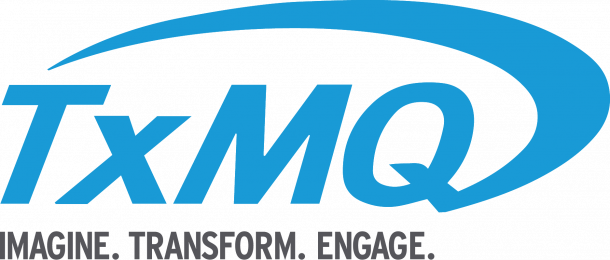By Wendy Sanacore
Recently there have been some high-profile outages of popular sites, including one which incorporates a pretty severe security breach.
Back in June, arguably one of the world’s most popular e-commerce sites, Amazon, experienced a complete US outage that lasted for approximately 2 hours. And just recently, Sony experienced a security breach that potentially released 100 million credit card numbers.
This has brought the issue of cloud security to the front of people’s minds.
“Cloud computing companies have done a good job convincing customers that their data is safe, even though that may not be the case,” said Jay Heiser, Gartner cloud security analyst.
However, many experts believe that this will not be the downfall of cloud computing. According to an article by David Linthicum on infoworld.com, the logic behind that sentiment by Heiser is inconsistent.
He maintains that Sony did not take the proper steps to secure its data, and that should not in any manner reflect on cloud computing or other cloud providers.
He points out that Sony is not a provider of cloud computing but merely a user of the service. Sony does not sell PaaS, Iaas, or Saas. Linthicum maintains that Sony just simply failed at the basics of computing security.
Security concerns are always top of mind and security breaches happen every day. As users, we all want to assume our data is safe, but the fact is, we have a choice. We can protect our data completely by not sharing it online or else by sharing it, we run the risk of hackers discovering and using our personal data.
There were security breaches before cloud computing was ever invented and there are still going to be security breaches with cloud computing. The reality is, the only way to truly 100% protect your data on the web is to not make online purchases. Really, it’s your call. What do you think?
About TxMQ
Since its inception, TxMQ has specialized in Mainframe software and mainframe systems support offerings. As mainframe software and mainframe applications and subsystems like DB2, z/OS, CICS, MQ, and DB2 continued to grow in popularity, so too did TxMQ’s offerings.
These expanded to include technologies like virtualization solutions including Linux Virtualization, network Virtualization (Cloud Computing), and desktop Virtualization, as well as mainframe modernization.
As the web became more prevalent and a part of the enterprise, we followed IBM’s offerings and added skilled resources and SME’s in areas like WebSphere, BPM and SOA, including both Lombardi, and Metastorm (now a part of open text), as well as DataPower.
Contact us today at 716-636-0070 ext 29 or email wendy@txmq.com to find the solution that’s right for you.

Stay informed on the latest in technology and industry trends!
Sign up for the TxMQ Company Newsletter to receive the latest news and updates on everything from legacy to emerging technologies from our Subject Matter Experts.